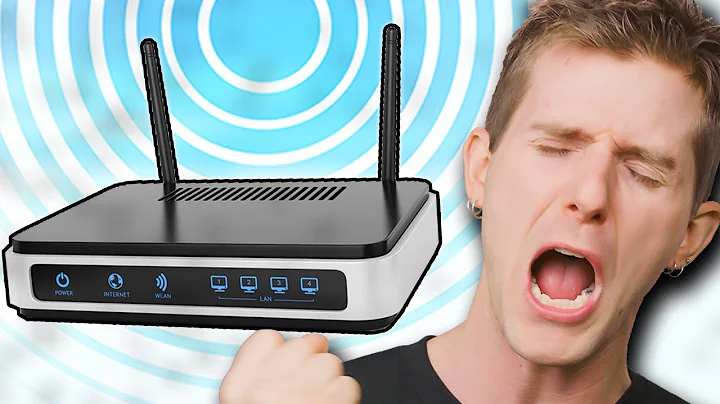Converting Stream to String and back...what are we missing?
Solution 1
This is so common but so profoundly wrong. Protobuf data is not string data. It certainly isn't ASCII. You are using the encoding backwards. A text encoding transfers:
- an arbitrary string to formatted bytes
- formatted bytes to the original string
You do not have "formatted bytes". You have arbitrary bytes. You need to use something like a base-n (commonly: base-64) encode. This transfers
- arbitrary bytes to a formatted string
- a formatted string to the original bytes
look at Convert.ToBase64String and Convert. FromBase64String
Solution 2
I have just tested this and works fine.
string test = "Testing 1-2-3";
// convert string to stream
byte[] byteArray = Encoding.ASCII.GetBytes(test);
MemoryStream stream = new MemoryStream(byteArray);
// convert stream to string
StreamReader reader = new StreamReader(stream);
string text = reader.ReadToEnd();
If stream has already been written to, you might want to seek to the beginning before first before reading out the text: stream.Seek(0, SeekOrigin.Begin);
Solution 3
a UTF8 MemoryStream to String conversion:
var res = Encoding.UTF8.GetString(stream.GetBuffer(), 0 , (int)stream.Length)
Solution 4
Try this.
string output1 = Encoding.ASCII.GetString(byteArray, 0, byteArray.Length)
Solution 5
When you testing try with UTF8 Encode stream like below
var stream = new MemoryStream();
var streamWriter = new StreamWriter(stream, System.Text.Encoding.UTF8);
Serializer.Serialize<SuperExample>(streamWriter, test);
Related videos on Youtube
flipuhdelphia
Updated on July 16, 2022Comments
-
flipuhdelphia almost 2 years
I want to serialize objects to strings, and back.
We use protobuf-net to turn an object into a Stream and back, successfully.
However, Stream to string and back... not so successful. After going through
StreamToStringandStringToStream, the newStreamisn't deserialized by protobuf-net; it raises anArithmetic Operation resulted in an Overflowexception. If we deserialize the original stream, it works.Our methods:
public static string StreamToString(Stream stream) { stream.Position = 0; using (StreamReader reader = new StreamReader(stream, Encoding.UTF8)) { return reader.ReadToEnd(); } } public static Stream StringToStream(string src) { byte[] byteArray = Encoding.UTF8.GetBytes(src); return new MemoryStream(byteArray); }Our example code using these two:
MemoryStream stream = new MemoryStream(); Serializer.Serialize<SuperExample>(stream, test); stream.Position = 0; string strout = StreamToString(stream); MemoryStream result = (MemoryStream)StringToStream(strout); var other = Serializer.Deserialize<SuperExample>(result);-
 Ehsan almost 11 yearsshouldn't Stream be MemoryStrea?
Ehsan almost 11 yearsshouldn't Stream be MemoryStrea?
-
-
drzaus about 10 yearscould you use a
BinaryFormatter, similar to this weird example? -
drzaus about 10 years@drzaus hm...maybe not: > "Any unpaired surrogate characters are lost in binary serialization"
-
Mortennobel about 7 yearsUse ToArray() instead. The buffer may larger than the size of used data. ToArray() returns a copy of the data with the correct size.
var array = stream.ToArray(); var str = Encoding.UTF8.GetString(array, 0, array.Length);. See also msdn.microsoft.com/en-us/library/… -
 Levi Botelho about 5 years@Mortennobel
Levi Botelho about 5 years@MortennobelToArray()allocates a new array in memory and copies data over from the buffer, which may have serious implications if you're dealing with a lot of data. -
PRMan about 4 yearsAnd don't forget a using block around StreamReader reader = new StreamReader(stream);
-
Wolfgang Grinfeld almost 4 yearsNote the use of stream.Length, rather than stream.GetBuffer().Length. And Levi did correctly note the reason for not using ToArray().
-
FTWinston almost 2 yearsThis worked because it was tested on a string. It wouldn't work for streams containing arbitrary bytes: see Marc Gravell's answer below, regarding Convert.ToBase64








